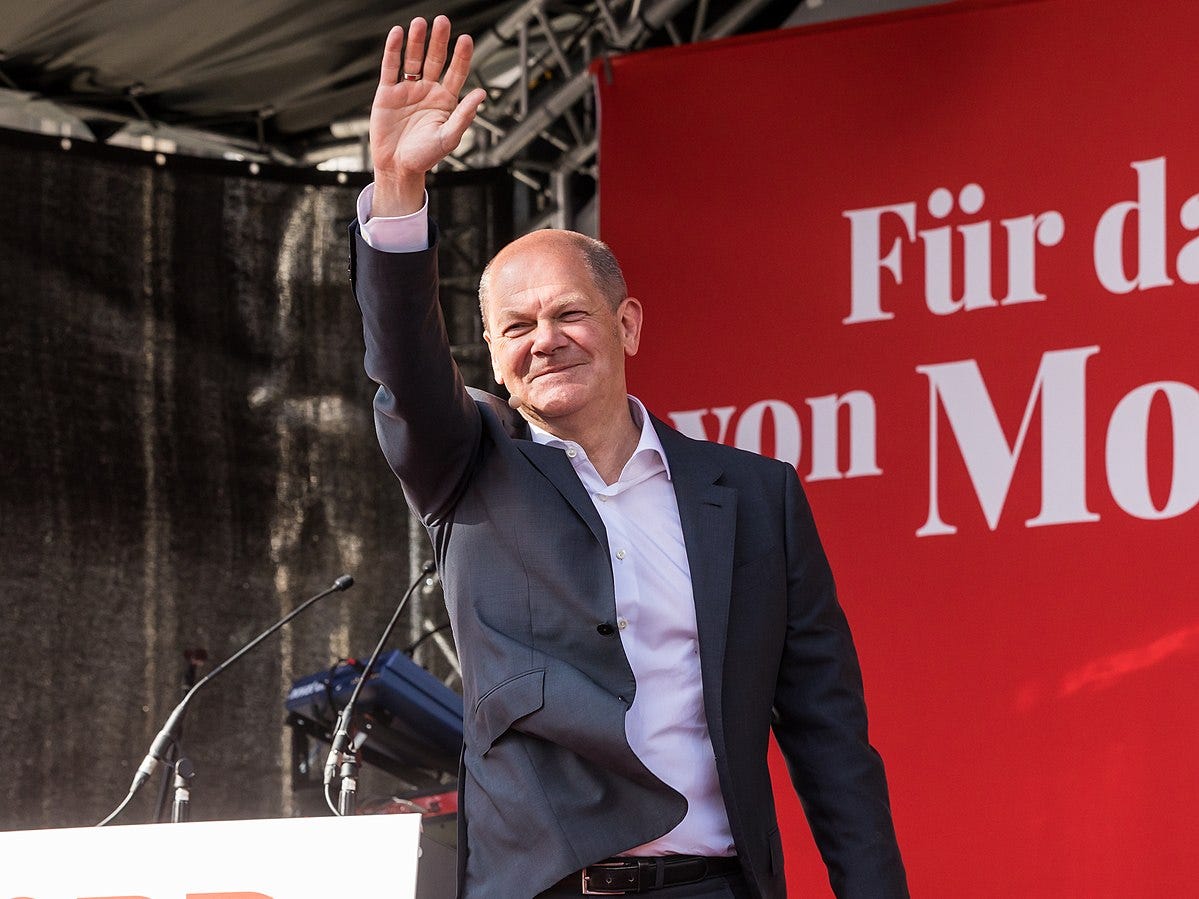New Government, New Germany?
I hope the next chancellor brings a bold to-do list and a sprinkle of chutzpah
Keep reading with a 7-day free trial
Subscribe to ZEITGEIST to keep reading this post and get 7 days of free access to the full post archives.


